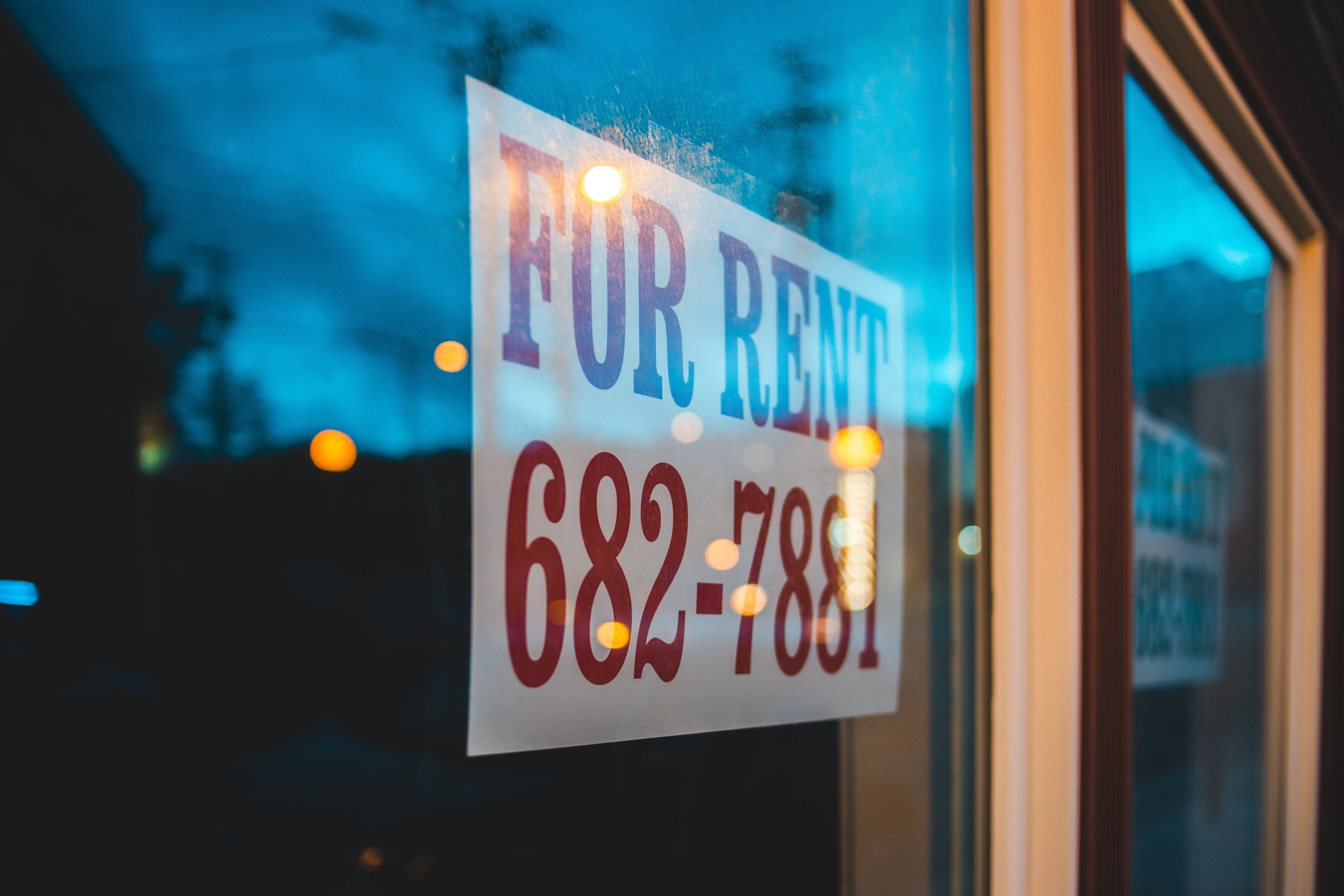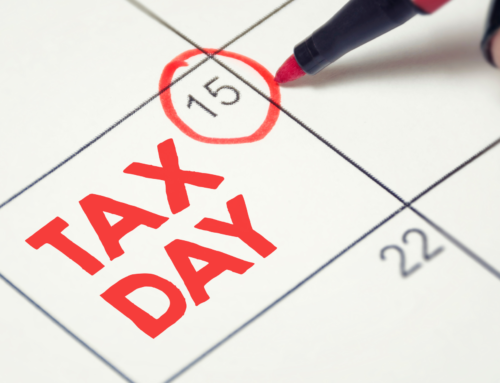Rental properties can be a great way to provide a consistent source of income. An investment in a rental property can provide you with monthly rental income that can help supplement your total income. This can be a good way to accumulate wealth over time. Something to consider with rental properties is that if you ever need to live in another place for a period of time you have the option to live in your rental property at no additional cost.
Rental Property Disadvantages
There are some disadvantages to having a rental property. These come in the form of tenant risk and rental vacancy. When you rent out a property to a tenant, there is risk that the tenant will not treat the property in a respectful way. There is also a risk that you may have trouble renting out the property. One way to lower these risks is to hire a management company to manage the rental properties that you own. If you are going to purchase a rental property, you may also consider setting up an LLC to provide a layer of protection between you and your rental business.
Rental Property Accounting
Accounting for your rental property on your tax return can be complex. There are many tax deductions available to you as a rental owner. You can deduct expenses related to your rental property that ordinary and necessary.
Some of these deductions include:
- mortgage interest
- utilities
- repairs and maintenance
- real estate taxes
- miscellaneous: e. supplies, management fees, cleaning fees, etc.
Keep Track of This
There are some things you need to keep track of when accounting for your rental property. These include the address of the property, the number days you rented out the property, the number of days you personally used the property, the amount of income that you received from the property, and the expenses that pertain to the rental property. Another factor that you will take into consideration is the type of rental property.
Your rental property will be classified one of the following:
- Single-family home: Your property is considered a single-family home if one family resides in this home, for example a house.
- Multi-family home: Your property is considered a multifamily home when multiple families live in this home, for example an apartment complex or duplex.
- Vacation home: your property is considered a vacation home if you use your vacation home for 14 days or fewer in a year, or less than 10 percent of the days it’s rented.
- Commercial residence: Your property is considered a commercial residence if a business resides in this property, for example offices, warehouses, restaurants, retail stores, etc.
- Land: Land for rental purposes is real property without a residence/building on it.
- Self-rental: Your property is considered a self-rental if you materially participate in your rental business.
Rental Property Depreciation
Another thing to keep in mind with rental properties is that you must depreciate them on your tax return. You will start depreciating the property the year you put the property in service, and when the property is available for rent. If you do not do this, you will have catchup depreciation in future years. In order to depreciate the rental property, you will need the fair market value of the home and the land it resides on. If you have a document that shows the value of the land in relation to the home, you will use that document to determine the depreciable basis of the property. Land is non-depreciable, but you will need to allocate a portion of the value of the entire property to the land. The other portion needs to be allocated to the home and depreciated over the span of 27.5 years. The math on how to get the correct amount for depreciation can be very tricky, so having a tax professional prepare this could be vital for accuracy.
Overall, rental properties can be a great way to diversify your portfolio. There are advantages and disadvantages to owning a rental property. However, if you properly manage your rental property, the benefits can be tremendous. Long-term, a rental property can provide you with steady income and a solid return. Typically, over time your property will appreciate in value. You can also add value to your rental property through home improvements. While rental properties aren’t for everyone, you should consider if they are a good investment for you.
At Abacus™ CPAs, our focus is you! Contact us today if you need help or more information on this valuable topic.
We believe that our employees and clients deserve to interact in an environment that fosters growth, trust, and confidence. Abacus™ professionals provide leadership by relentlessly pursuing the best guidance possible so those we serve can make smarter decisions.
We are here to serve you and your business. Contact us today by calling 417-380-5000, or visiting our website at www.abacustrucking.com.







